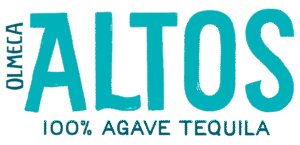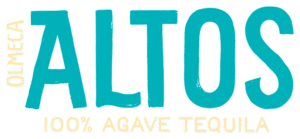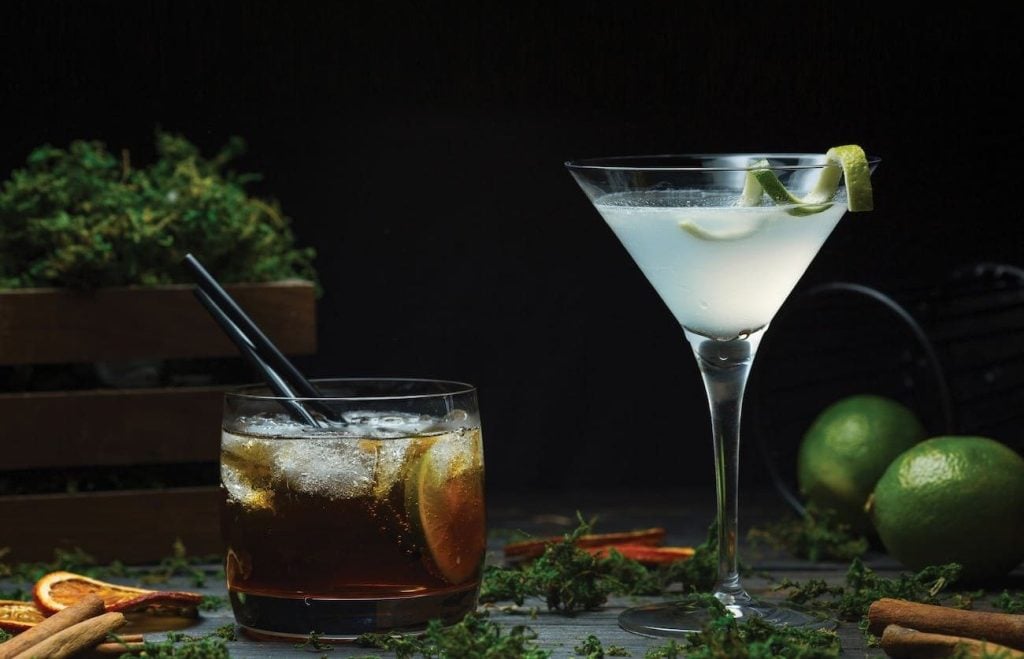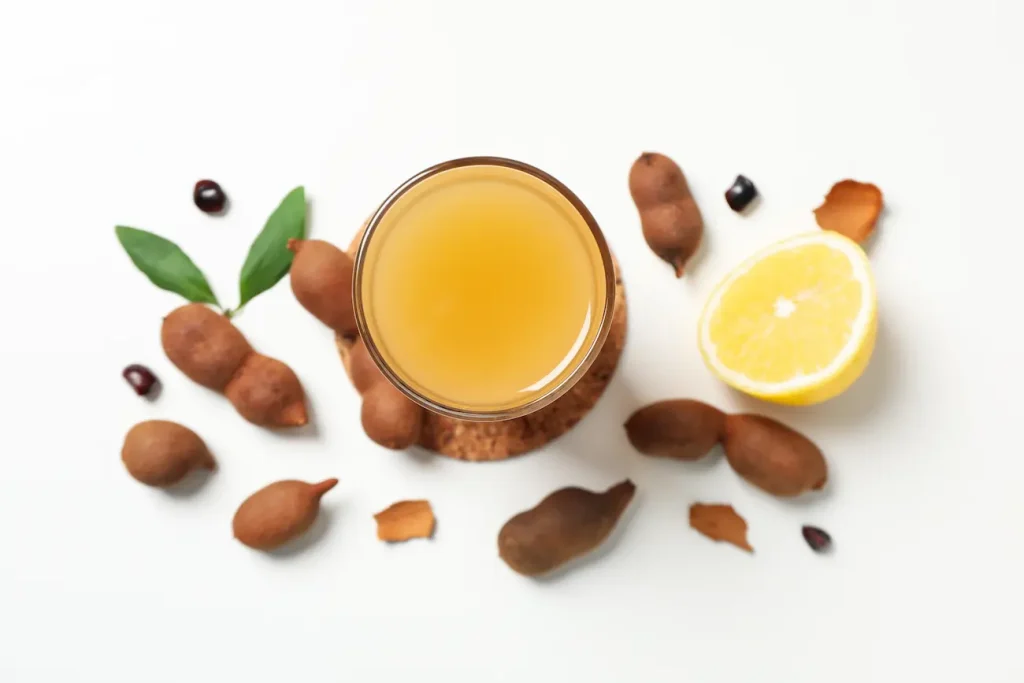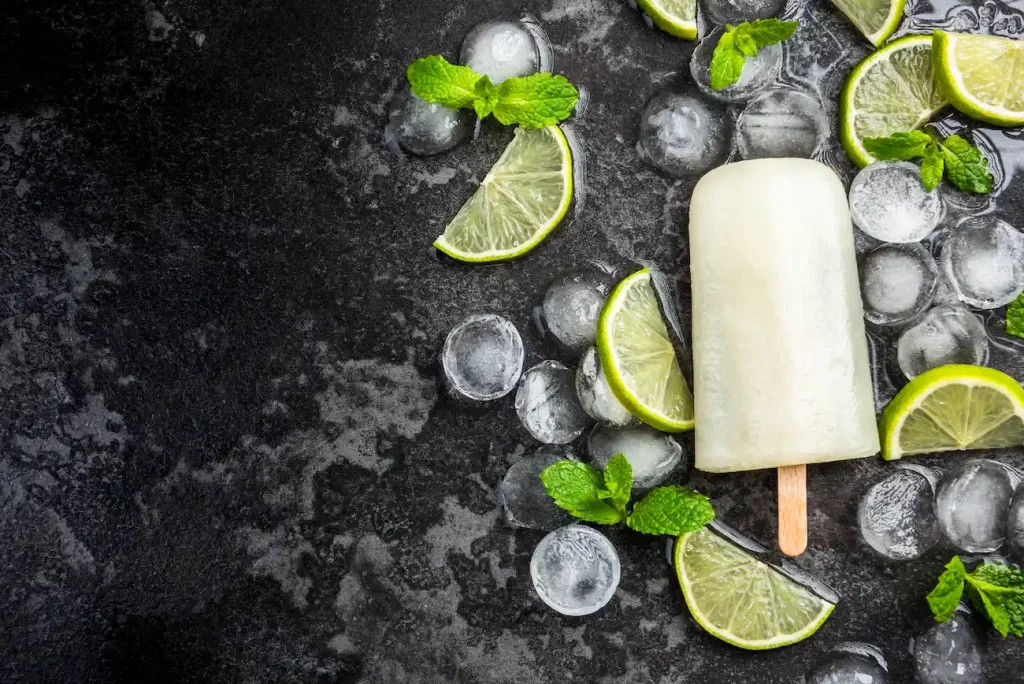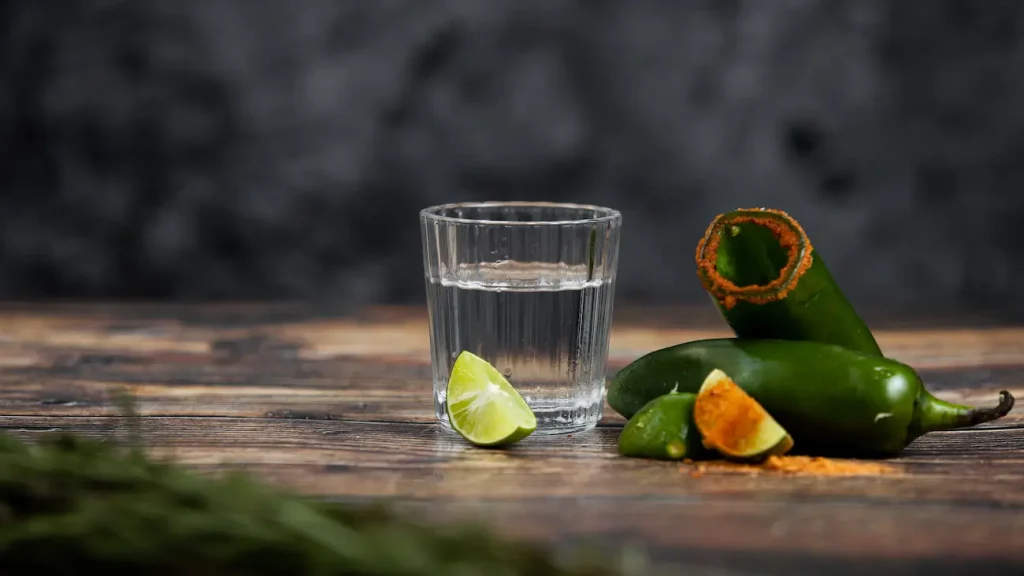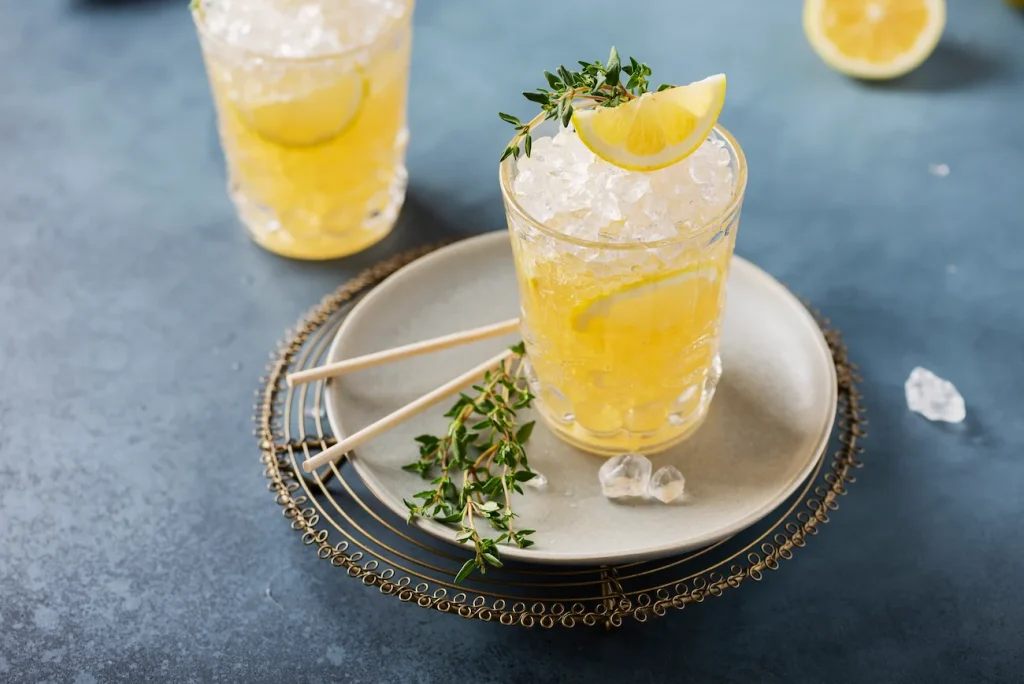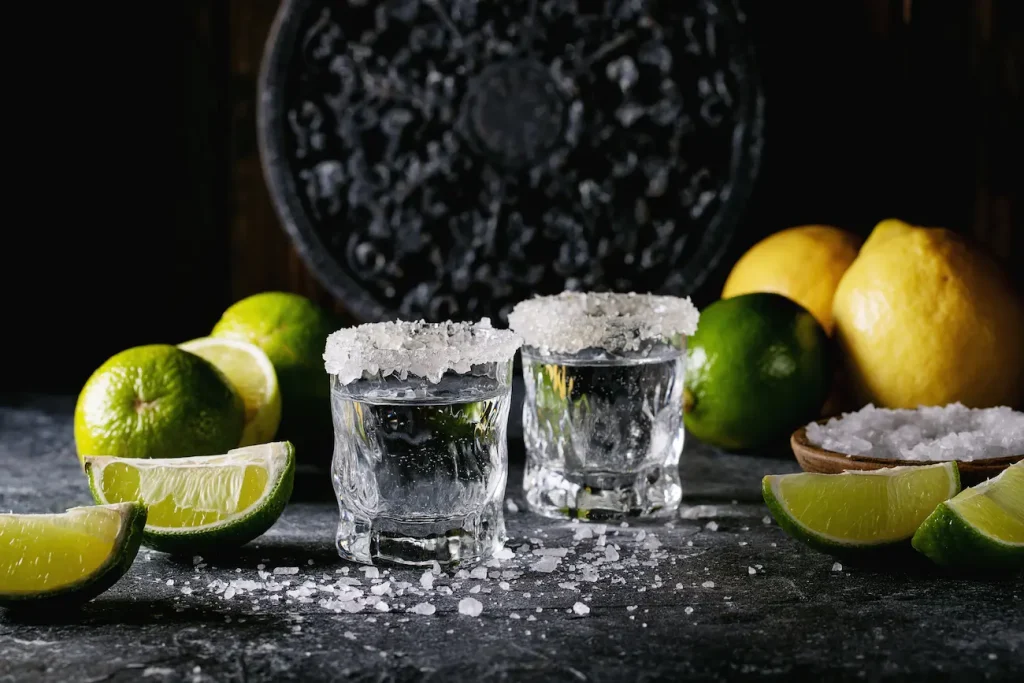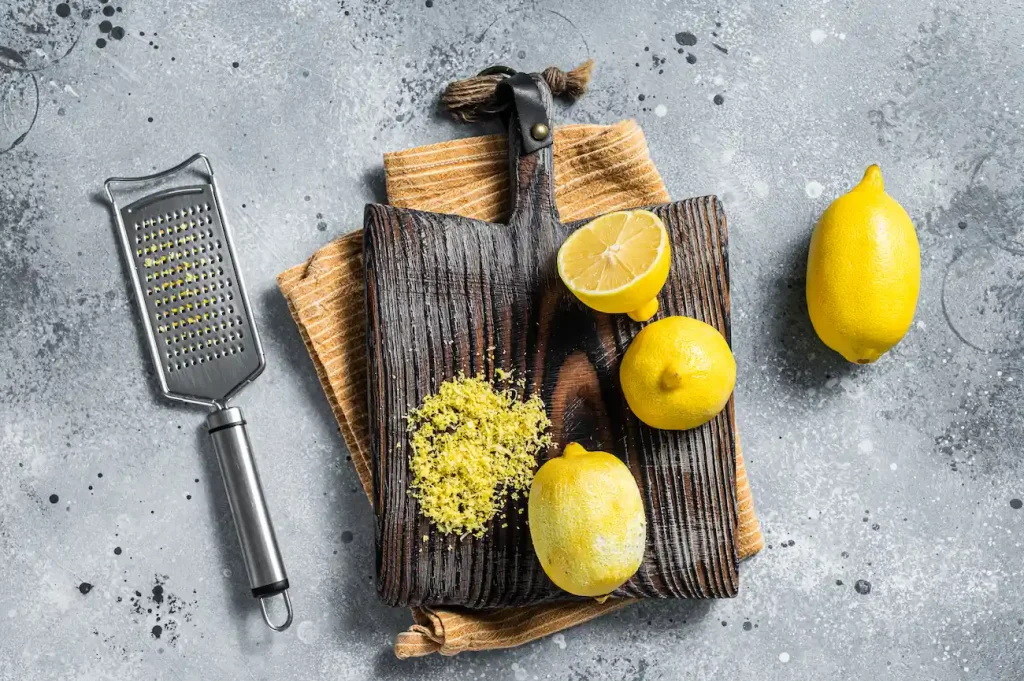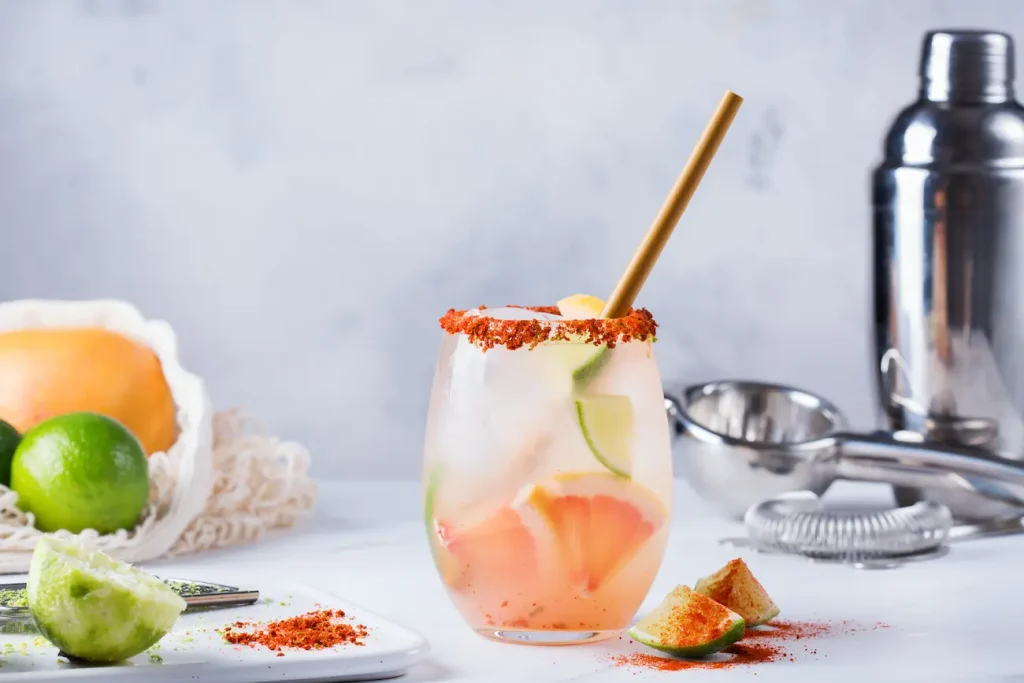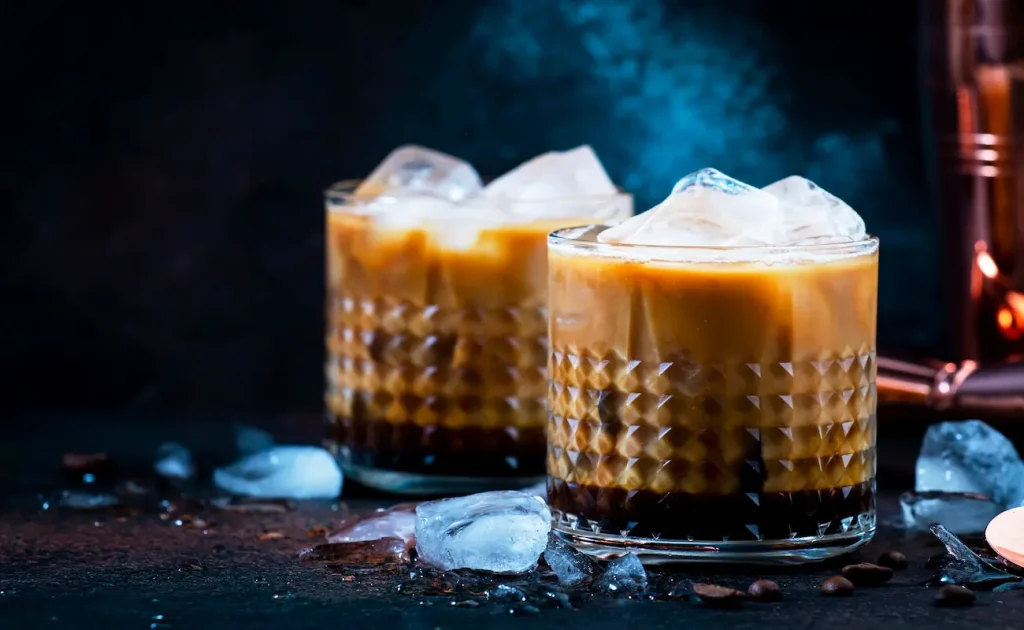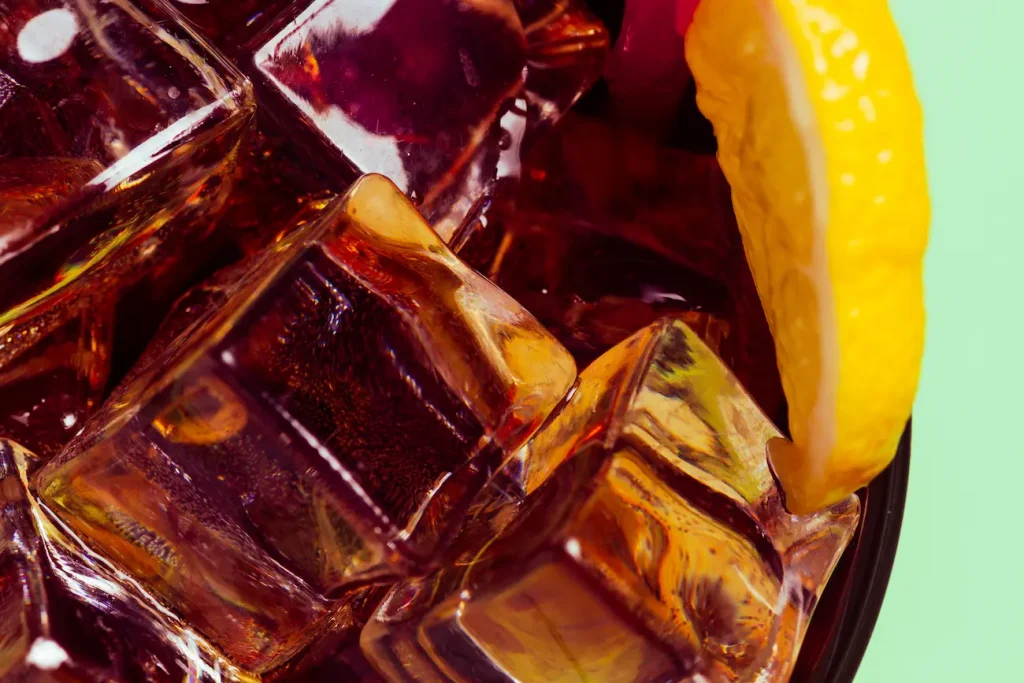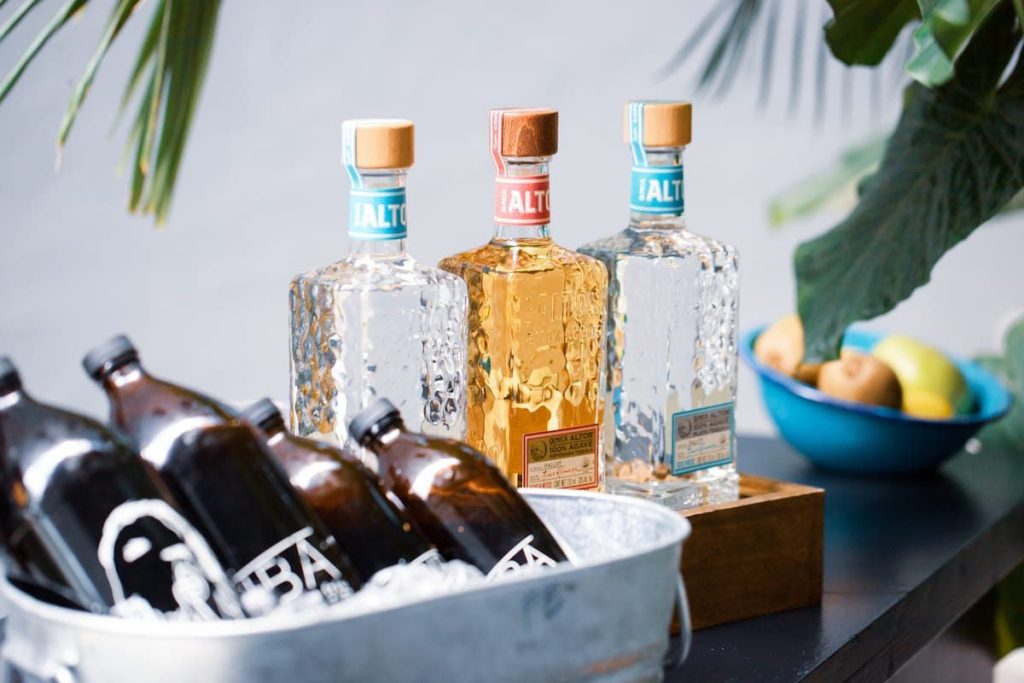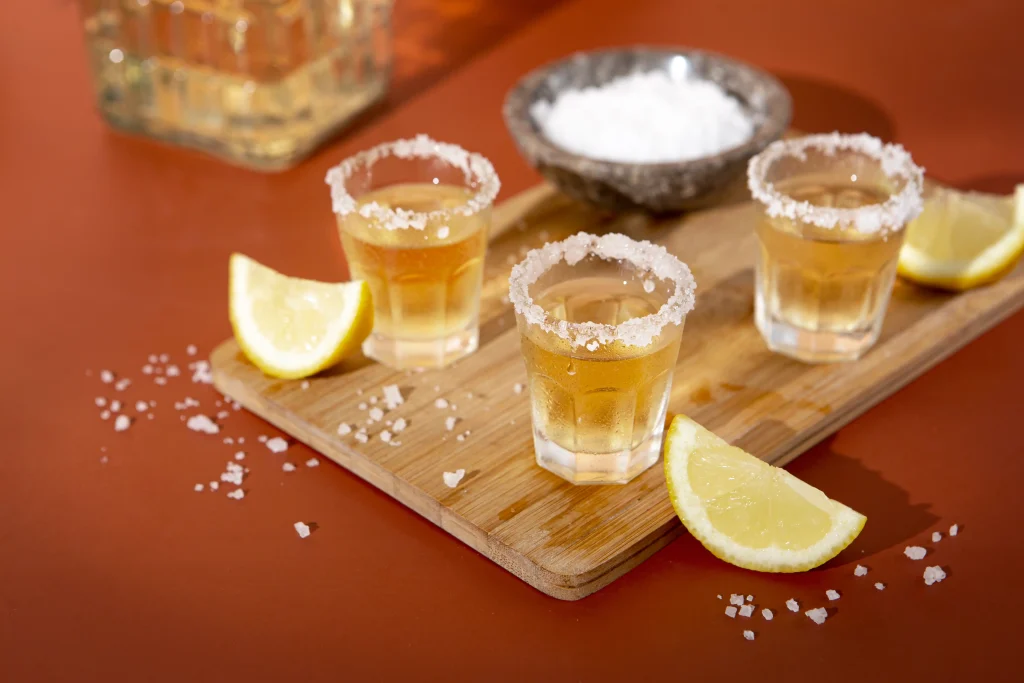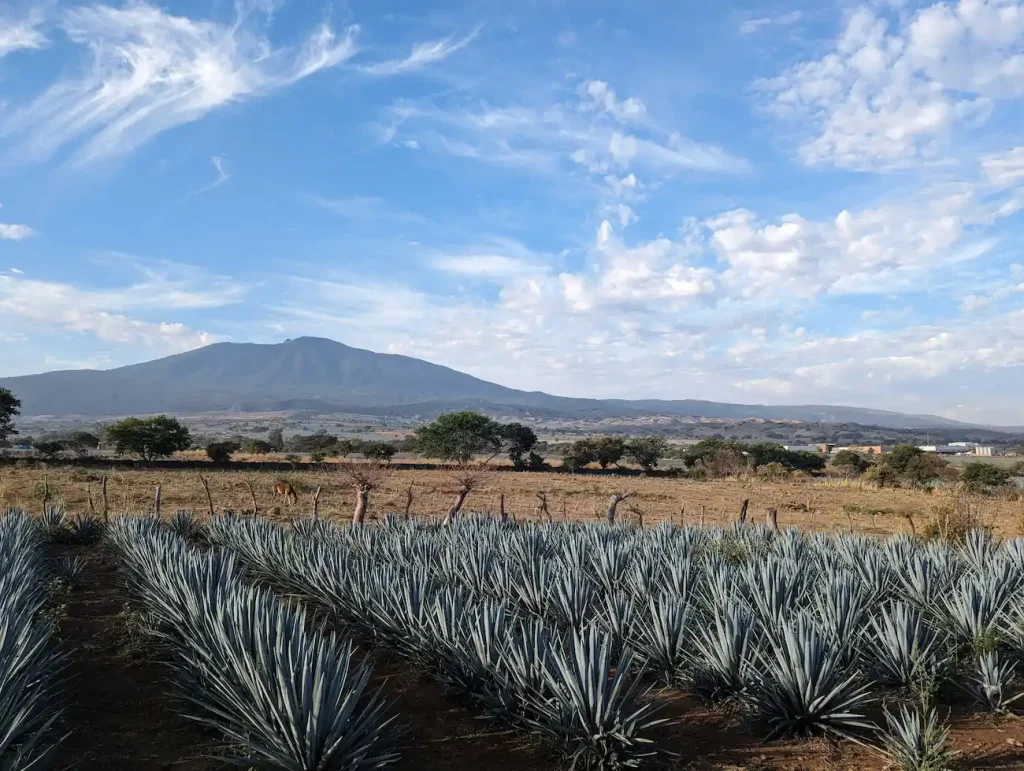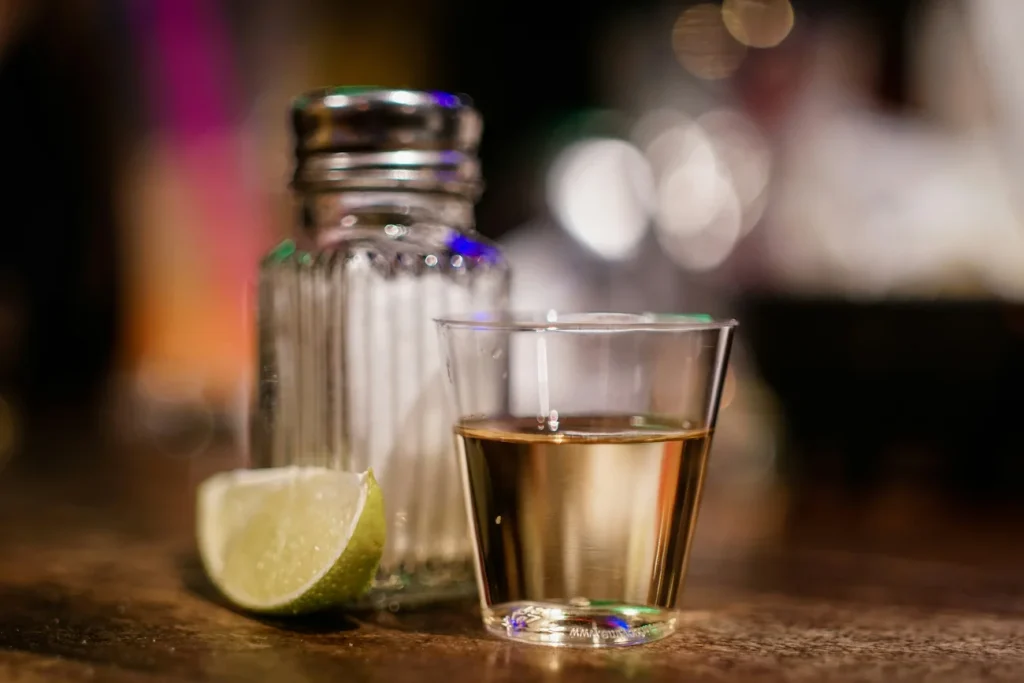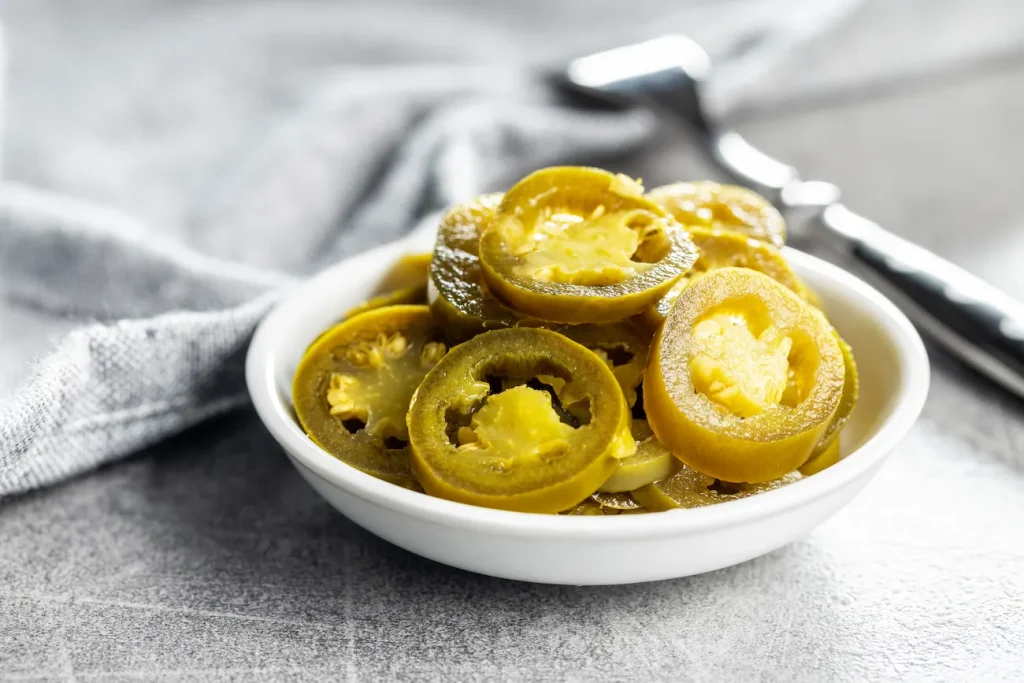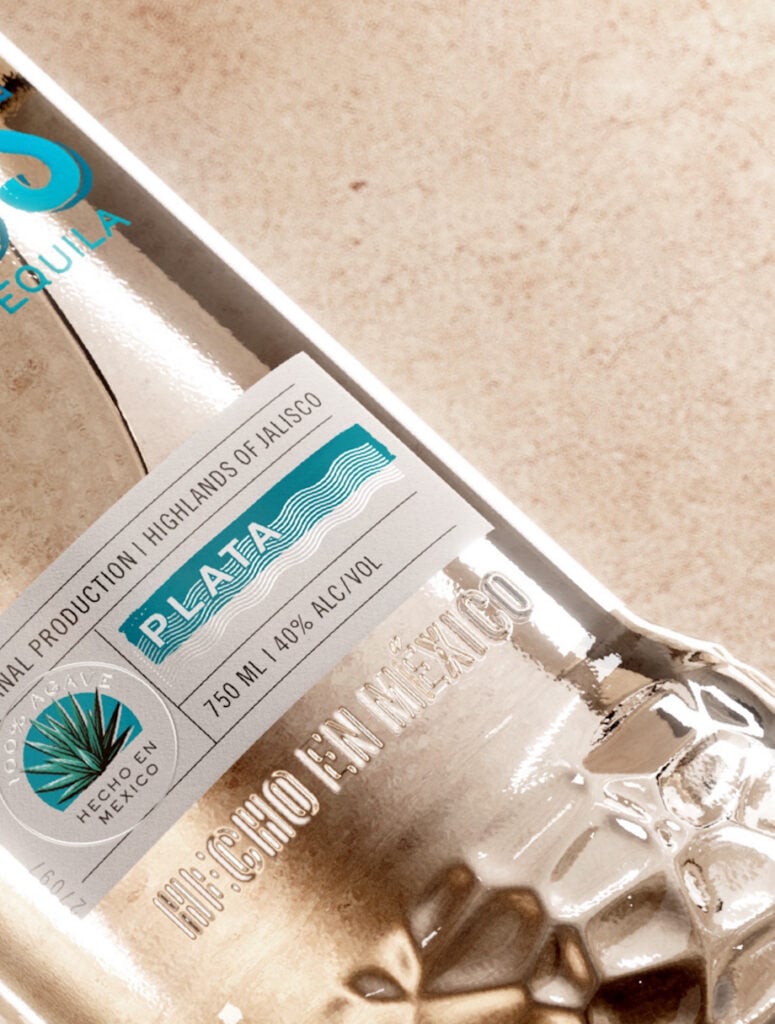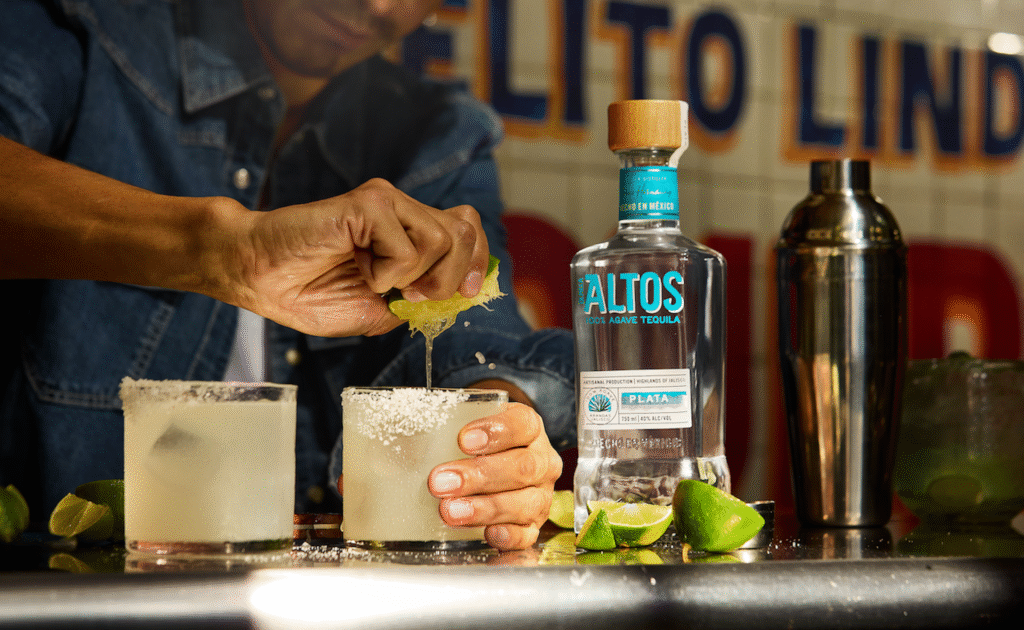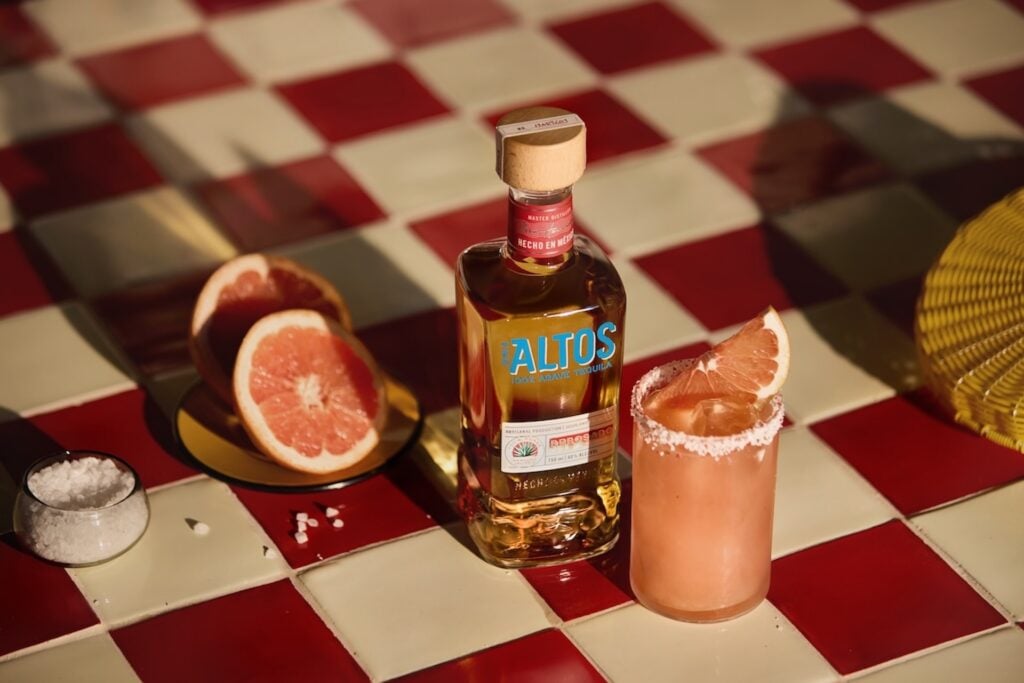Whether tequila is stronger than vodka depends on several factors, but in terms of Alcohol by Volume (ABV), the two spirits are remarkably similar, typically around 40% ABV. This means that neither is inherently stronger than the other in terms of pure alcohol content.
However, the perception of strength can vary depending on individual tolerance, psychological expectations, and the setting in which the drink is consumed.
For some, tequila might feel stronger due to its distinctive flavour profile and the way it is often enjoyed—frequently in shots, which can heighten the sensation of strength. Vodka, with its neutral taste, may seem less potent, particularly when mixed into cocktails. Ultimately, the strength of a drink is influenced not just by ABV but also by personal experience and context.
Alcohol Content Comparison
Tequila: Generally around 40% ABV
Tequila is a distilled spirit made from the blue agave plant, primarily grown in the region surrounding the town of Tequila, Mexico.
The standard Alcohol by Volume (ABV) for tequila is approximately 40%, meaning that 40% of the liquid is pure alcohol. This level of strength is common across most tequilas, although some brands may offer variations with slightly higher or lower ABV. The 40% ABV strikes a balance between the rich, earthy flavours of agave and the warming sensation of alcohol, making tequila versatile enough for sipping neat or mixing into cocktails.
Altos Tequila, a premium brand celebrated for its craftsmanship and quality, adheres to this standard with an ABV of 40%. This ensures a bold yet smooth drinking experience, reflecting the expertise and tradition behind the brand.

Vodka: Also typically around 40% ABV
Vodka is renowned for its neutrality and versatility. This spirit is usually distilled from grains or potatoes and has a standard Alcohol by Volume (ABV) of around 40%, similar to tequila.
The extensive distillation process vodka undergoes results in a clean, pure alcohol taste with little to no distinctive flavour. This neutrality makes vodka an ideal base for a wide variety of cocktails, seamlessly blending with other ingredients.
Despite its subtle taste, the 40% ABV ensures that vodka matches tequila in alcoholic strength, making the two spirits comparable in terms of pure alcohol content.
Perceived Strength and Effects: Is Tequila Stronger than Vodka?
The perceived strength of tequila compared to vodka can vary greatly depending on individual factors such as tolerance and metabolism. Attributes like body weight, age, gender, and overall health influence how alcohol is processed in the body. Some people may find tequila stronger than vodka, or vice versa, depending on how their body metabolises each spirit. Additionally, tolerance—often developed through regular alcohol consumption—plays a significant role in how potent a drink feels.
Psychological expectations and the drinking environment can also shape the perceived strength of tequila and vodka. The context in which a person drinks—whether at a lively celebration or a quiet night at home—can impact their experience.
Preconceived ideas about tequila and vodka can further influence perception. For example, if someone believes tequila is inherently stronger, they may feel its effects more acutely. Similarly, social settings, peer pressure, and the overall ambiance can either amplify or diminish the perceived intensity of a drink.

Flavor Profiles
Tequila: Often described as earthy or sweet, with a distinct agave flavor
Tequila is celebrated for its distinctive flavour profile, often characterised as earthy or sweet, with a pronounced agave essence derived from the blue agave plant used in its production.
The specific flavour notes vary depending on the ageing process. Blanco tequilas, such as Altos Plata, typically showcase a fresh and vibrant agave flavour. In contrast, Reposado and Añejo tequilas, aged in barrels, develop richer, more complex flavours with undertones of vanilla, caramel, and oak, offering a depth that appeals to a wide range of palates.
Vodka: Known for its neutral taste, often used as a base for cocktails
Vodka is prized for its neutral taste, making it one of the most versatile spirits in cocktail creation. Unlike tequila, vodka undergoes multiple distillations to achieve a clean and pure flavour with minimal impurities.
This neutrality allows vodka to blend effortlessly with a variety of mixers and ingredients, making it a staple in classic cocktails such as the Martini, Bloody Mary, and Cosmopolitan. While some premium vodkas may exhibit subtle flavour nuances, the overall profile remains clean and understated, allowing the other components of a drink to take centre stage.
